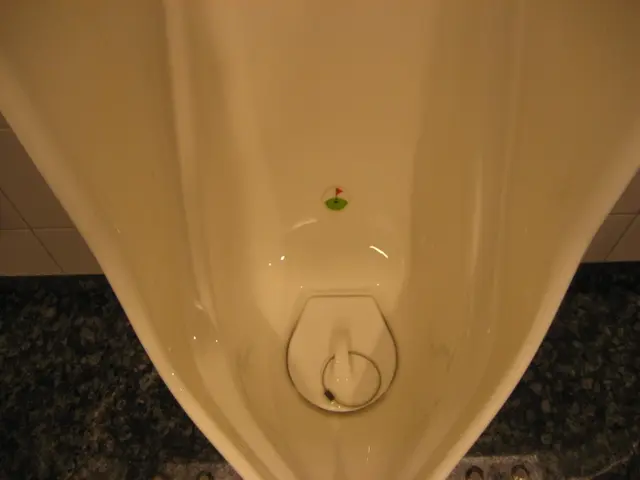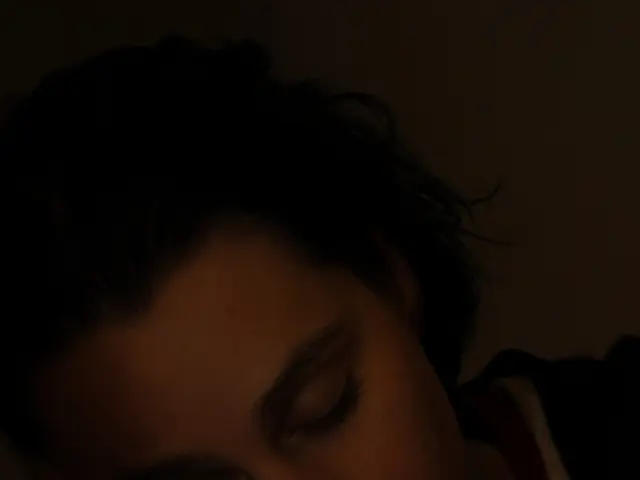Stimulating the brain during sleep may enhance memory capabilities.
Alrighty then, let's dive into a thrilling bit of science stuff! So basically, scientists have been playing around with some brain stimulation business while we sleep and guess what? It looks like it could be improving our memory game the next day!
Deep brain stimulation, a topic of keen interest in neuroscience circles, has been particularly beneficial for the treatment of symptoms related to Parkinson's disease. This method, however, involves a bit of a commitment as it involves electrodes burrowing deep into the brain. But we're not talking about that here, we're talking about noninvasive brain stimulation, a much tamer approach that doesn't require direct access to the brain.
You might be wondering, what's the deal with this noninvasive brain stimulation business? Well, researchers have been pondering whether it could potentially boost various aspects of cognition, with a keen interest in memory enhancement. Some scientists at the University of New Mexico in Albuquerque decided to give it a whirl.
They trained participants on a visual discrimination task, instructing them to avoid danger zones by spotting subtle cues in complex environments. The evening was spent right there in the lab, where participants winked their eyes for that good old Zzz's while undergoing noninvasive brain stimulation. The stimulation was programmed to align with the natural oscillations happening in the sleeping brain. Researchers reckon these oscillations play a vital role in memory consolidation, and they thought bolstering them with artificial current could do the trick.
The following day, the participants were put through a similar but fresh visual task. The scientists discovered that those who underwent the nightly stimulation performed better at detecting targets compared to nights without stimulation. They reckon the noninvasive stimulation helped the participants convert their recent experiences into more durable memories.
This study marks the first steps into a brand new scientific venture. While it raises more questions than it answers, it also opens up new avenues for research. Being able to boost memory without a lick of effort is cool and all, but there are more pressing applications at play. Deficits in memory and thinking are associated with numerous conditions, including neurodegenerative diseases that are on the rise and largely untreatable.
Research like this could pave the way for machines that help stop cognitive shortcomings while we catch some shut-eye. We're still a long way from that goal, but this is a step in the right direction.
Non-invasive brain stimulation during sleep is under exploration for several applications, including improving sleep quality and cognitive enhancement. In the future, it could lead to personalized sleep interventions, creative enhancement, better memory consolidation, and even therapeutic applications for conditions like depression and dementia.
- The exploration of non-invasive brain stimulation during sleep holds potential for not only memory enhancement but also applications in medical-conditions such as depression and dementia.
- The scientific community is intrigued by the possibility of using non-invasive brain stimulation to improve cognitive functions, potentially aiding in the treatment of neurological disorders like dementia and other neurodegenerative diseases.
- The future of health-and-wellness could see personalized sleep interventions utilizing non-invasive brain stimulation, aiming to enhance memory quality, boost creativity, and perhaps even aid in the treatment of various medical-conditions.








